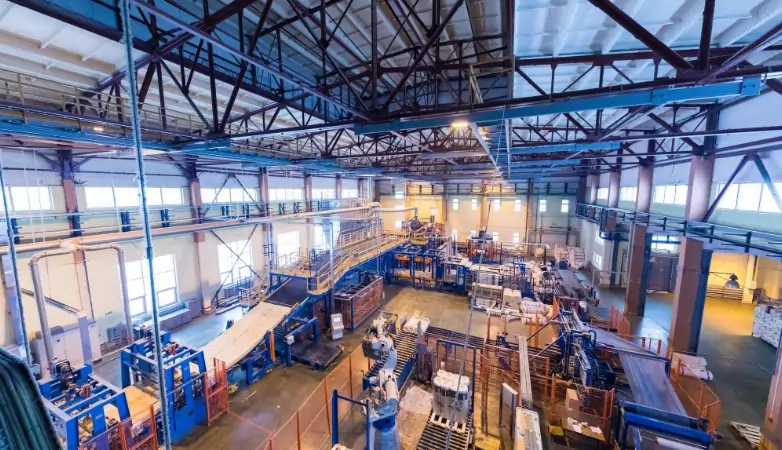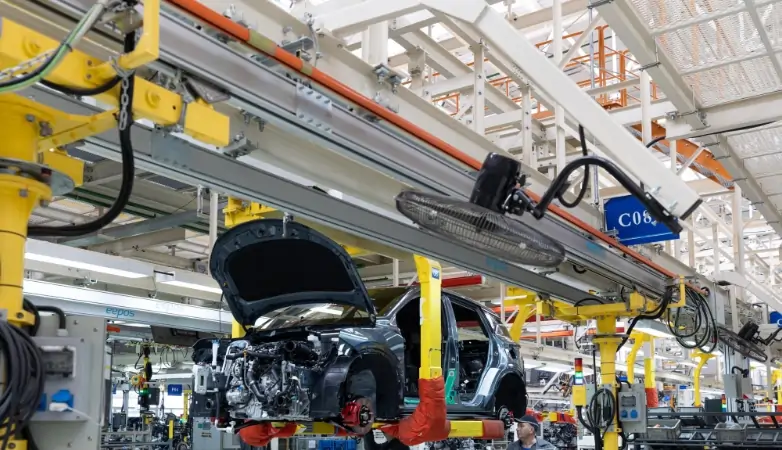Engineering Sector
The engineering sector is a broad field that encompasses the application of scientific principles to design, develop, and build structures, machines, devices, systems, and materials. Engineers use their creativity, problem-solving abilities, and knowledge of mathematics and science to find solutions to technical challenges.





